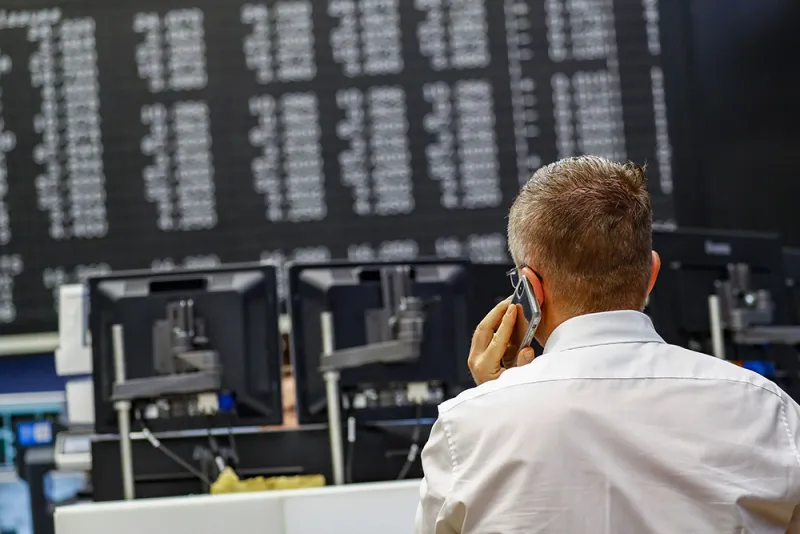Investors have yanked money from international stock funds at levels not seen since the 2008 crisis.
Mutual funds and exchange-traded funds that focus on international equities saw $4.7 billion of net outflows in September, a fourth straight month of withdrawals that brought this year’s total to $16.6 billion, according to a Morningstar report Friday. Outflows in the third quarter were the largest as a percentage of total assets since the fourth quarter of 2011, the year the European sovereign debt crisis was peaking, the investment research firm said.
“The category hasn’t seen calendar-year outflows since the financial-crisis year of 2008,” Morningstar said in the report. “The quarterly organic growth rate for international equity funds was the second worst in the past 10 years.”
International stock mutual funds and ETFs had a total $3.1 trillion of assets at the end of September, more than half of which are actively managed, the report shows. Third-quarter outflows of $18 billion represented a 0.6 percent loss of total assets, with the funds shrinking almost as much as in the fourth quarter of 2011. The redemptions were the largest quarterly outflows since the fourth quarter of 2008, when the funds finished the year with $936 billion of assets, Morningstar data show.
U.S. President Donald Trump has waged a tariff war with China that has intensified concerns about global economic growth, even as trade talks at times strike a more positive tone.
“We still see ongoing downward pressure on the Chinese economy given subdued manufacturing activity, contracting trade growth, and lingering U.S.-China trade tensions,” said Mark Haefele, chief investment officer of UBS Group’s global wealth management group, in a research note Friday. He said the Chinese economy grew by 6 percent in the third quarter, “the weakest pace of expansion since quarterly data became available in 1992.”
In June, Bridgewater Associates co-chief executive officer David McCormick said at the Bloomberg Invest conference in New York that markets have become more influenced by politics than during any other period in his lifetime. The dynamics between the U.S. and China — a rising economic and geopolitical power — will be “very difficult to manage.” He also emphasized the importance of the dynamics between the U.S. and China, calling it “the defining bilateral relationship of our lifetimes.”
[II Deep Dive: GMO Says Emerging Markets Stocks Will Trounce U.S. Equities]
U.S. stock funds had “modest” net inflows of $3.8 billion in September as investors added capital to passively managed strategies, according to Morningstar. Passive U.S. equity funds reaped $22.9 billion in inflows last month, while active funds lost $19.1 billion, the report shows. The passive inflows helped deliver U.S equity funds a $28.5 billion net gain of assets during the year through September, bringing the total under management to $8.6 trillion.
Investors have similarly shown a preference for lower-cost passive funds in international stocks.
Passive international equity funds saw net inflows of $71.7 billion over the past year, even as actively managed funds that invest in international stocks had net redemptions of $90 billion in the twelve months through September, the Morningstar report shows.







